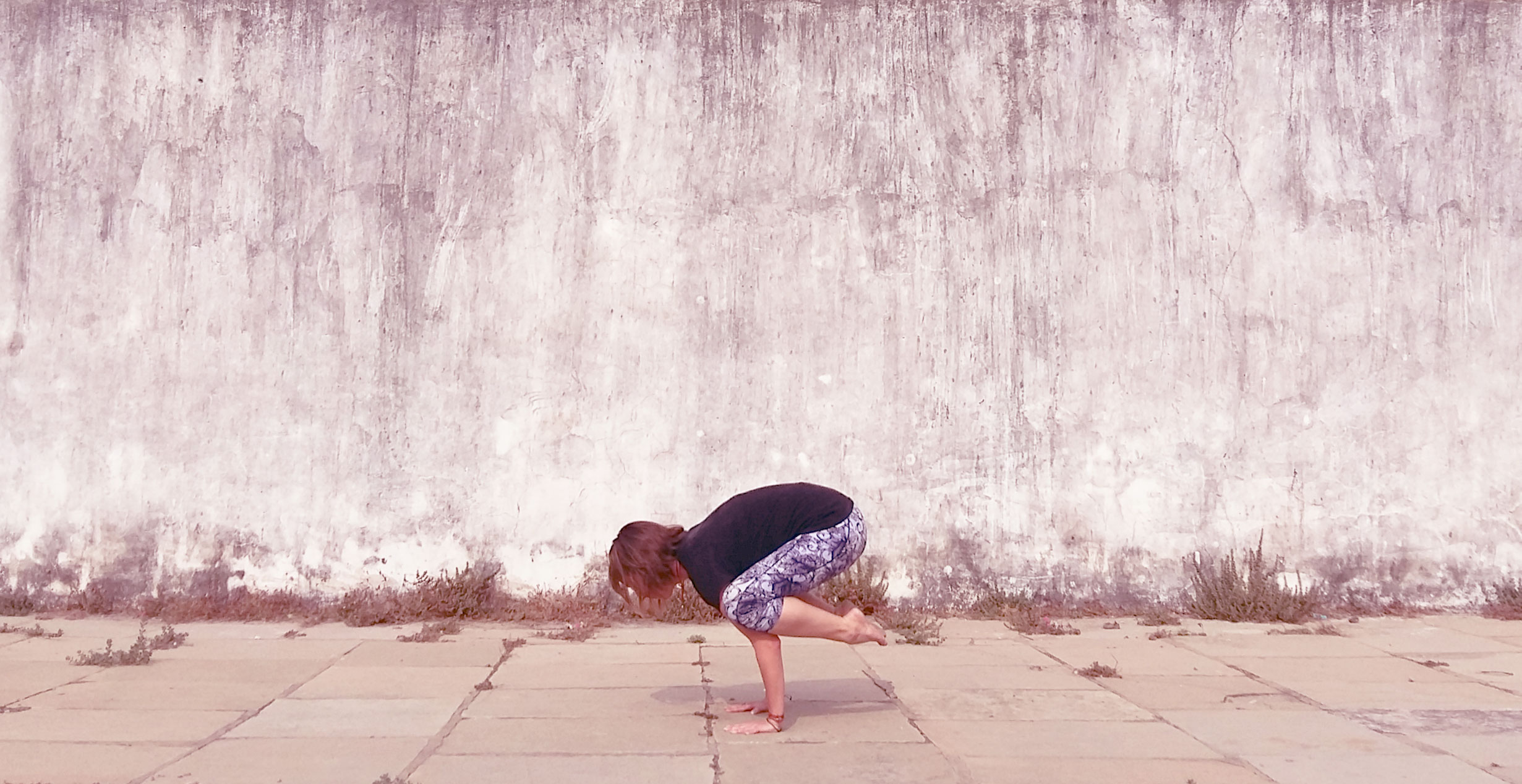
Hatha Yoga
Shuddha teaches traditional or Classical Hatha Yoga. She blends her training in Satyananda, Hatha and Iyengar yoga to deliver balanced classes with an emphasis on the energetic experience of the pose and correct alignment. She has experience teaching absolute beginners to advanced students, children’s classes to students who are 80 years plus. She has also taught Prenatal Yoga for over 5 years.
Pranayama
Prana is our vital life force. Yama means to control. Ayama means expansion. Pranayama can be translated as the control or expansion of our vital life force.
Pranayama refers to breathing techniques that are practiced in Hatha Yoga. Some pranayamas are activating, others balancing or soothing. The aim of pranayama is to activate and regulate the energy in the body. This increases our immunity, vitality and general wellbeing.
Yoga Nidra
Experience relaxation, wellness, and an inner healing through the tantric practice Yoga Nidra. Yoga Nidra means psychic sleep and it is a progressive relaxation where the body is at complete rest and the mind remains alert, guided into the deeper aspects of the mind. This practice can be used therapeutically for stress, anxiety, fatigue, insomnia. It is a practice of pratyahara that prepares one for meditation. Yoga Nidra can be practiced daily.
Meditation
There are many methods of meditation from more guided forms to simple mindfulness. On my retreats and workshops, I teach a variety of techniques progressively to guide students into a calm mind state. Once the mind is calm and focused deeper levels of meditation can be experienced. The benefits of meditation are to become less reactive to situations in life, be more compassionate and kind people.
Shatkarmas
Shat means six and karma mean action. Shatkarmas refer to six purification methods that create a balance between the pranic (energetic) flows of ida, cooling energy, and Pingala, heating energy. They also create a balance between the three doshas in Ayurveda of Kapha, Pitta, and Vata.
Laghoo Shankhaprakshala
Laghoo Shankhaprakshala is a half digestive cleanse (literally light intestinal wash). In this practice warm saline water is drunk followed by a series of 5 exercises that are repeated 8 times each. This is repeated for three rounds.
This practice is beneficial for digestive disorders such as constipation, indigestion and as a general detox.
Jal Neti
Jal Neti is cleaning the nostrils with warm saline water using a neti pot which looks a little like a tea pot. This practice removes mucus and pollution from the nasal passages. It helps to relive allergies and colds. It alleviates anxiety, anger and depression. Balance is brought about between the left and right nostrils that correlate to the right and left hemispheres of the brain, ida and pingala nadis.
When taught on retreat these practices are optional and you can sleep in if you don’t want to attend!
Havan
Havan or Agni Hotra is a Tantric practice in which mantras and samagri (special scented wood and spices) are offered to fire. Symbolically the fire represents purification. With an intention in the mind of letting go of something that you do not want in your life or inviting something that would be beneficial for you, havan can be a transformative experience.
Each mantra has a specific energetic intent. We often use the Mahamrityunjaya Mantra which is for healing on an individual level, for our community, all sentient beings, the deceased and planet Earth.
Yoga Philosophy
One of the most important aspects of retreat is learning more about ourselves with Yoga Philosophy. It allows us to gain insight into our selves, our mind and our behaviour. With this understanding we can live meaningful lives with morality and integrity.